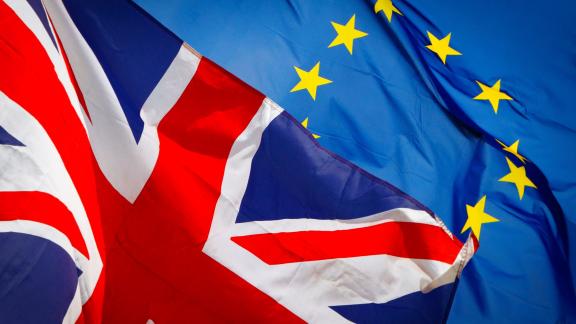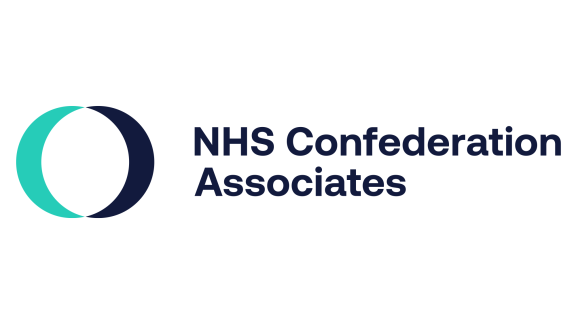COVID-19, EU transition and the Welsh NHS

While COVID-19 continues to impact the Welsh NHS, we must ensure a post-COVID and post-Brexit world protects and enhances public health.
With COVID-19 dominating headlines and political priorities for the last few months, it feels like a lifetime ago that the ‘B-word’ was seen as one of the biggest challenges Governments across the UK would face in 2020, writes Vickie Hage, Brexit programme support officer at the Welsh NHS Confederation.
The UK left the EU on 31 January 2020, which means the clock is ticking down to ensure the UK has a free trade agreement with the EU when the Transition Period ends on New Year’s Eve. Despite political priorities across the world being focused on managing the pandemic, the UK Government recently confirmed there will be no extension to the Transition Period.
The combination of negotiating a future relationship with our closest partner during a global pandemic stands to fundamentally impact the UK and the devolved nations.
That’s exactly what the Welsh NHS Confederation discussed at our recent webinar. From changes to the immigration system, making it more difficult to bring in international talent for health and social care, to trade agreements potentially impacting access to drugs, to establishing what the relationship with the EU will look like for reciprocal healthcare arrangements – there is a long ‘to do’ list and a countdown clock to get it all done.
One major obstacle to overcome is establishing a new immigration system without freedom of movement for EU citizens. Bethan Bateman, Head of Migration Policy with the Welsh Government’s European Transition team, highlighted that 70% of people who were previously able to enter from the EU would be no longer able to do so. With the health and social care workforce reliant on skills from EU, there is no doubt this will impact the sector’s ability to recruit and retain its valuable staff. This will dramatically impact social care, for the roles which are the most difficult to recruit into are ‘not skilled enough’ nor would reach the required salary threshold. Given the reliance on health and social care staff as key workers during the pandemic, we beg the question: is salary the best way to determine one’s contribution to society? We would argue that social value cannot be determined by pounds and pence.
Prof Tamara Hervey, from Sheffield University and the Principal Investigator in Health Governance after Brexit, highlighted that any Brexit is bad for health, with a no-deal situation being a worst-case example. The UK and EU are divergent on many issues, such as governance arrangements leading to a lack of parliamentary scrutiny. The feeling is even more acute for the devolved nations – both the Welsh and Scottish governments have expressed frustration for their lack of meaningful engagement in the trade and future relationship process, which has been diminished even more from COVID-19 taking up Ministerial time.
But we need to ask ourselves, could we use the pandemic to make positive and progressive developments for the Welsh NHS and social care?
The answer – maybe, but it will require a new type of focus and drive.
Health has not been a stand-alone priority when negotiating free trade agreements. Instead, it’s packaged up with other priorities, such as tariffs or social security measures.
Senior European Policy Manager at the NHS Confederation European Office, Kate Ling, focused her time on how trade negotiations have been impacted by the pandemic. COVID-19 highlighted many weaknesses in the EU-wide response with many nations turning inward and focusing on their own populations.
However, there is also now an increased value of cooperation in health threat responses and planning from vaccine research to acquiring PPE where the demand has increased globally. Additionally, it exposed the weakness of underfunding existing health and care services.
COVID-19 has presented an opportunity unlike no other to make matters of public health a focal point in future trade negotiations.
Today the Brexit Health Alliance, which the Welsh NHS Confederation is active members of, published “Pandemic ready”. It looks at how future pandemics should be managed in a post-COVID world.
At the referendum to leave the EU four years ago, nobody could have predicted the twisted path that has led us here. While COVID-19 continues to impact the Welsh NHS, we must ensure a post-COVID and post-Brexit world protects and enhances public health of the population across the four nations at its core.
If you missed the event and would like to watch it, catch up online.
Vickie Hage is the Brexit programme support officer at the Welsh NHS Confederation.



